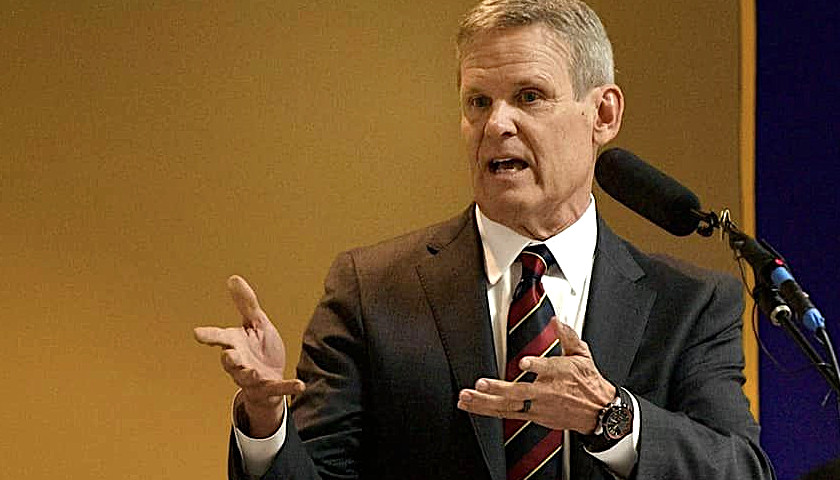As Wisconsin businesses struggle through a worker shortage crisis, it appears Wisconsin’s public schools are failing to prepare students for the workforce.
Wisconsin Manufacturers & Commerce’s latest employer survey finds 73 percent of responding businesses said “no” when asked if students graduating from the Badger State’s K-12 education system are prepared for the workforce.
WMC asserts the “unsettling” findings reflect “the fact that more than 60 percent of students cannot read or do math at grade level in Wisconsin.”
“Not only is this new data disappointing, but it should also make all of us outraged,” said WMC Senior Director of Workforce, Education & Employment Policy Rachel Ver Velde. “Wisconsin’s public school system is failing our children, and it is having an outsized impact on our workforce and economy.”
The latest Wisconsin Employer Survey finds employers are forced to provide remedial education for workers on top of the technical training they already offer. Asked whether they have employees who struggle with the ability to read or solve math problems, 56 percent of respondents said they do. Another 41 percent said they have provided employees with additional education or tutoring because their K-12 education did not prepare them with the basic skills needed for a career.
Nearly two-thirds of employers (63 percent) said they have reduced hiring requirements in an effort to draw more job applicants, according to the survey.
On the higher education front, four in 10 companies said they have removed the requirement for a bachelor’s degree for some jobs that had previously required it. And 81 percent of companies responding said that more than half of the jobs at their company require less than a four-year college degree.
More employers are demanding less education nationwide to deal with their worker shortages. The tech industry in particular has faced hiring constraints as it struggles to fill hundreds of thousands of cybersecurity jobs alone.
A study last year by Harvard Business Review and Emsi Burning Glass, a leading labor market data company, found many companies are now dropping degree requirements for skills-based hiring to attract more candidates.
At IBM, 50 percent of U.S. job openings do not require a four-year degree, Nickle LaMoreaux, the company’s chief human resources officer, told CNBC.
While myriad factors have created the labor crisis in Wisconsin, the state’s troubled public education is proving to be a major obstacle to solving the problem, Ver Velde said.
“Wisconsin taxpayers should be asking themselves what our return is on the billions of dollars we spend each year on public education,” the workforce expert said. “We cannot measure success by how much money is spent. Instead, we need to start focusing on what students are learning and if they are being setup to succeed upon graduation.”
And there has been a lot of taxpayer money spent on what critics have described as a broken public education system, particularly in inner-city neighborhoods where math and reading proficiency scores are tragically low.
Governor Tony Evers, a Democrat who served as superintendent of the state Department of Public Instruction for a decade before being elected as Wisconsin’s chief executive, earlier this month signed a two-year state budget that includes north of $1 billion in new K-12 spending. He used his powerful veto pen to bolster that amount further, extending annual per-pupil increases by $325 for the next 400 years. The constitutionally suspect move will surely be challenged in court by very unhappy Republicans who control the Legislature.
The state’s public education system has seen record funding in recent years, including billions of dollars in federal COVID relief. Evers and his liberal allies demand it’s not nearly enough.
DPI officials did not return a request for comment from The Wisconsin Daily Star.
WMC has long urged reforms to Wisconsin’s education system to deal with the labor shortage crisis. The business lobby advocated for increased funding for choice and charter schools, which saw historic increases in per-pupil spending.
Additionally, WMC’s legislative agenda includes:
- Expanding school choice and charter options further to provide more students with educational opportunities they cannot currently
access - Tying new K-12 funding to increased proficiency scores, shrinking the achievement gap and other accountability measures to ensure
improved outcomes for students - Creating additional K-3 reading screening assessments to identify at-risk students and providing a plan to get them back on track
- Increasing access to dual enrollment and work-based learning programs to expose students to careers and employers at a young age
- Expanding registered and youth apprenticeship programs to improve pathways to more in-demand careers
The Wisconsin Employer Survey is conducted twice a year by WMC. The assessment provides a snapshot of where Wisconsin’s employers stand on a number of important issues and outlines their economic outlook for both Wisconsin and the United States. For the Summer 2023 edition, WMC surveyed 170 employers that make up a representative sample of its membership. Businesses of all sizes, industries and geographic locations in Wisconsin participated, according to the organization.
– – –
M.D. Kittle is the National Political Editor for The Star News Network.








